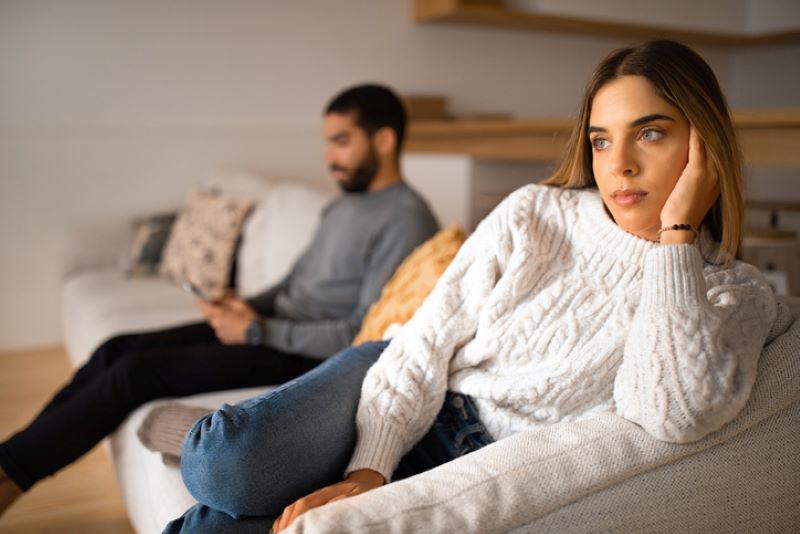
What Are Some Common Causes of Low Sexual Desire?

Sexual desire, often referred to as libido, can and likely will fluctuate over the course of a person’s life. For example, it is not uncommon for individuals to experience periods of low sexual desire at some point in their lives.
Nevertheless, low libido can be distressing, impacting both personal relationships and self-esteem. Understanding the common causes of low sexual desire can be helpful for individuals and couples who wish to address and overcome this issue. Here are some of the most prevalent factors that contribute to decreased sexual desire.
Psychological factors: Stress, anxiety, and depression are among the leading causes of low libido. The demands of modern life, work-related stress, financial worries, or emotional issues can all contribute to decreased sexual interest. Additionally, past trauma or negative sexual experiences can lead to psychological barriers that hinder desire.
Relationship issues: The state of a person’s intimate relationship can also play a role in their sexual desire. Problems such as communication issues, unresolved conflicts, or lack of emotional intimacy can create a disconnect between partners. This emotional distance can lead to a decrease in sexual desire.
Hormonal changes: Fluctuations in hormones can also affect sexual desire. In women, hormonal changes during menstruation, pregnancy, breastfeeding, and menopause can lead to shifts in libido. In men, low testosterone levels, often associated with aging, can contribute to decreased sexual desire. Addressing hormonal imbalances through medical intervention may help mitigate this issue.
Medications: Certain medications have side effects that may impact sexual desire. Antidepressants, antipsychotics, and some blood pressure medications are known to decrease libido in both men and women. If you suspect that your medication is affecting your sexual desire, talk to your healthcare provider about exploring alternative treatment options.
Lifestyle factors: Poor diet, lack of exercise, excessive alcohol consumption, and substance abuse can all contribute to low libido. Maintaining a healthy lifestyle, including regular physical activity and a balanced diet, may enhance your sexual desire.
Age: Age-related changes in sexual desire are common. Both men and women may experience a natural decline in libido as they get older. However, this decline is not universal and can vary greatly from person to person.
Low sexual desire is a common concern that can affect individuals of all genders and ages. Understanding the various factors that contribute to decreased libido is the first step toward addressing this issue.
If you or your partner are experiencing low libido and it is causing distress in your relationship or overall well-being, it is a good idea to seek professional help. A qualified healthcare provider or therapist can assist in identifying the specific causes of your low sexual desire and together you can develop a personalized treatment plan.
References:
- Cleveland Clinic. (2023, January 26). Low Libido (Low Sex Drive). https://my.clevelandclinic.org/health/diseases/15216-low-libido-low-sex-drive
- Kontula, O., & Haavio-Mannila, E. (2009). The impact of aging on human sexual activity and sexual desire. Journal of sex research, 46(1), 46–56. https://doi.org/10.1080/00224490802624414
- (2023, January 20). Loss of libido. https://www.nhsinform.scot/illnesses-and-conditions/sexual-and-reproductive/loss-of-libido




